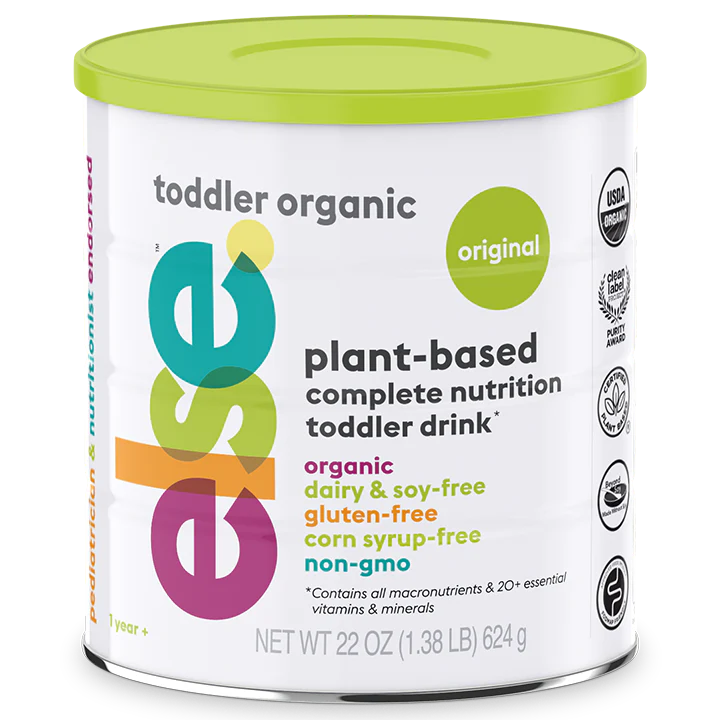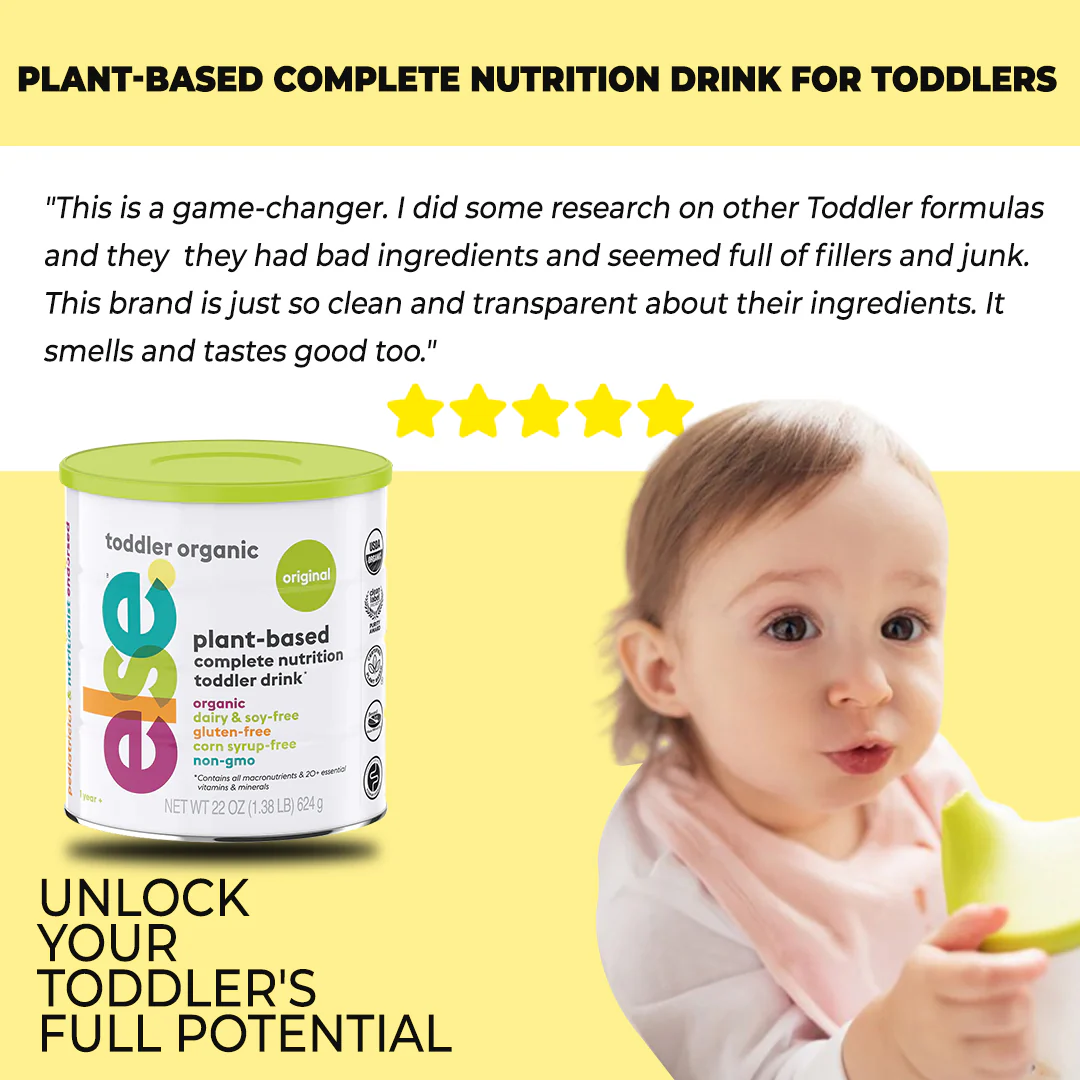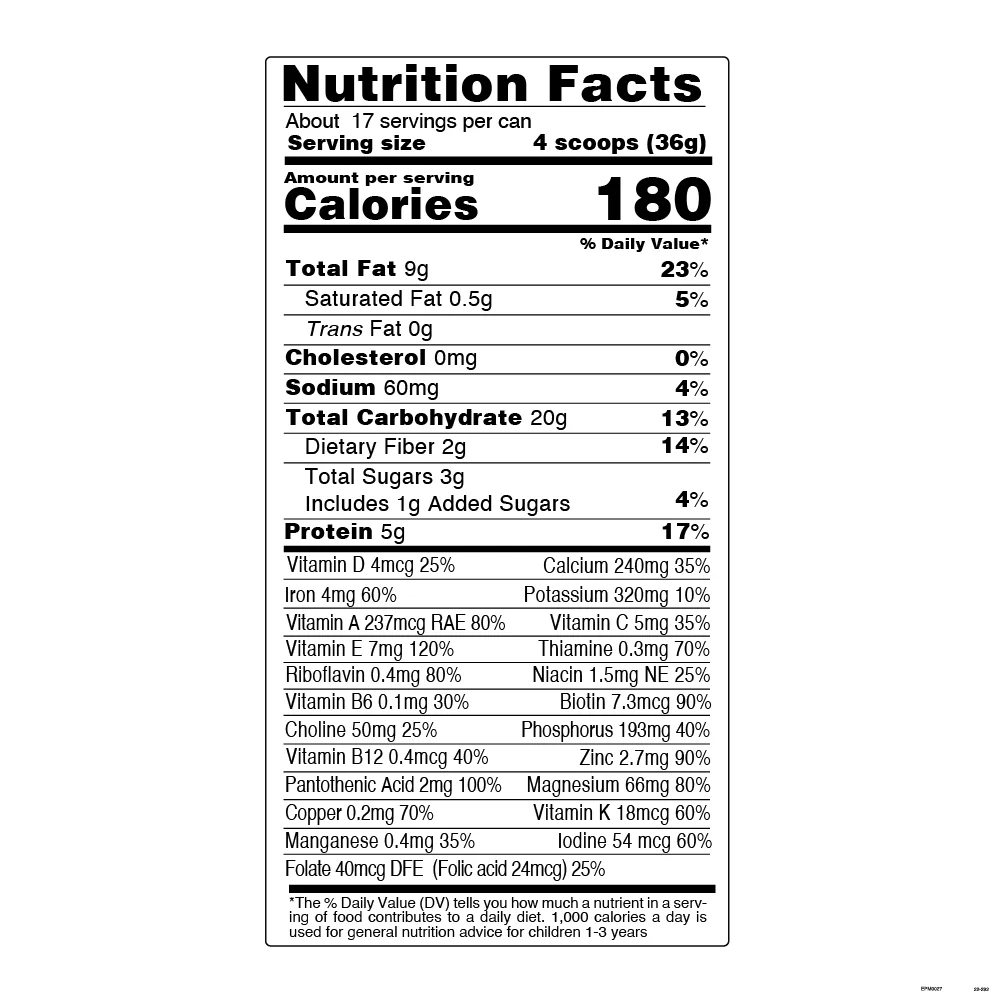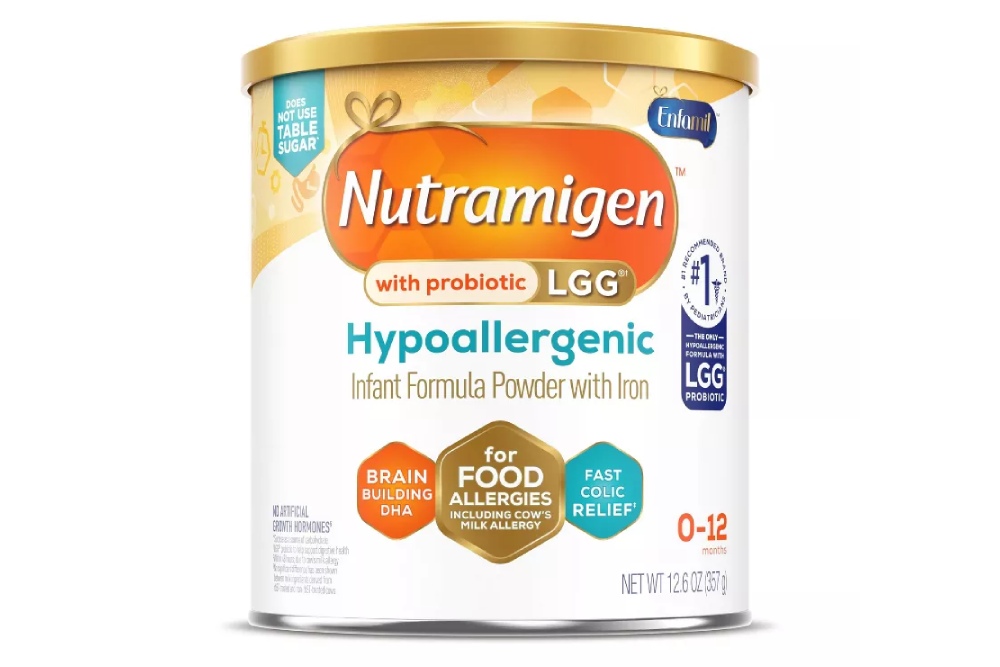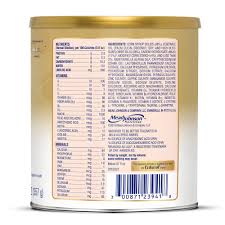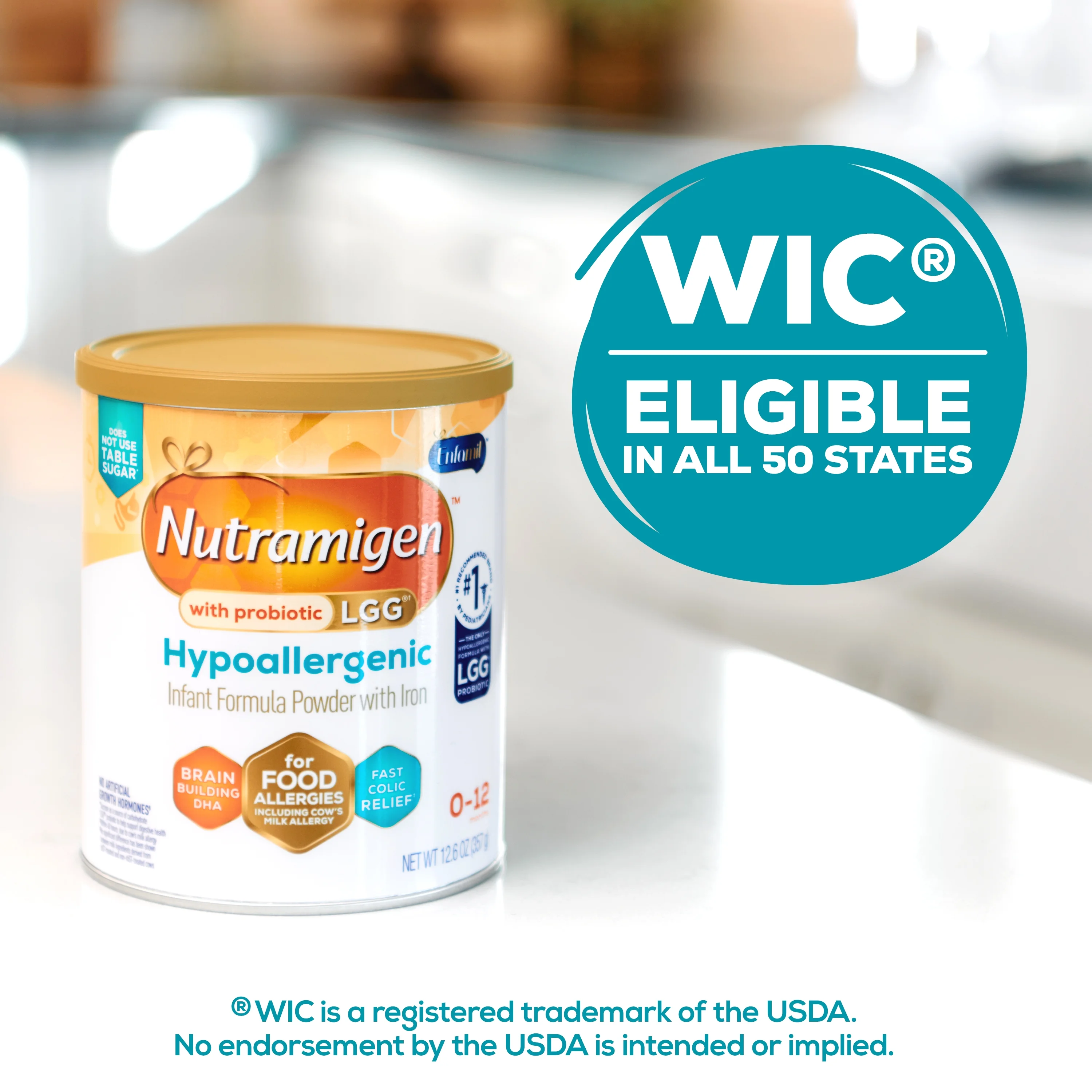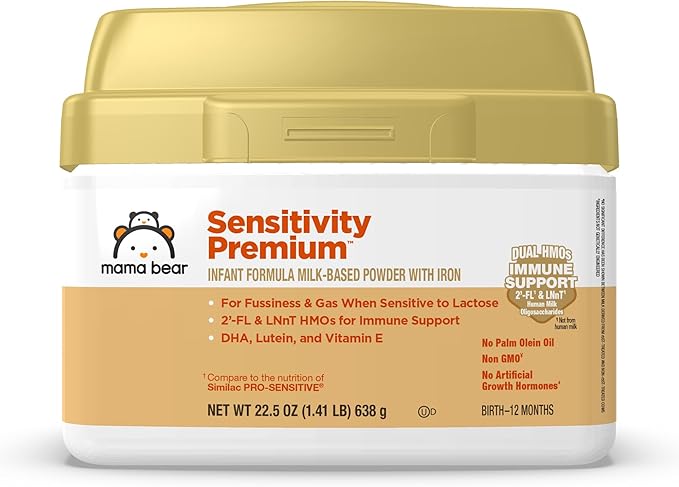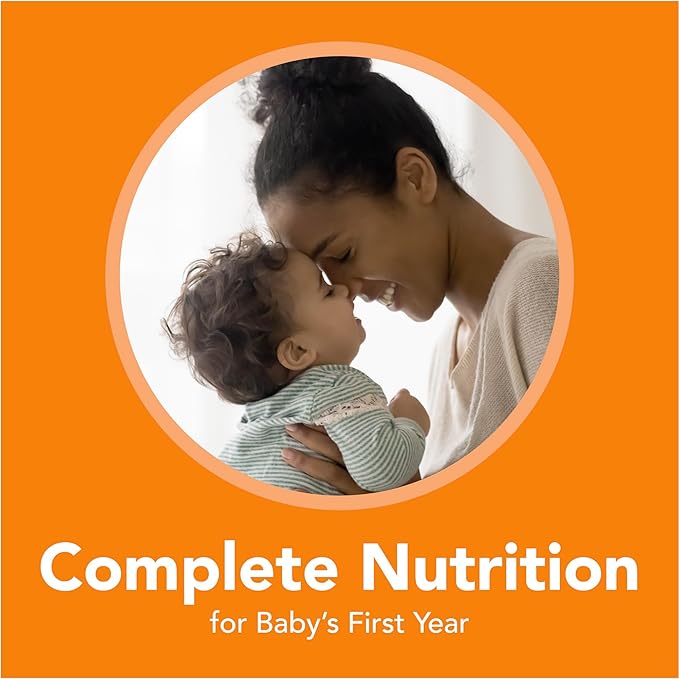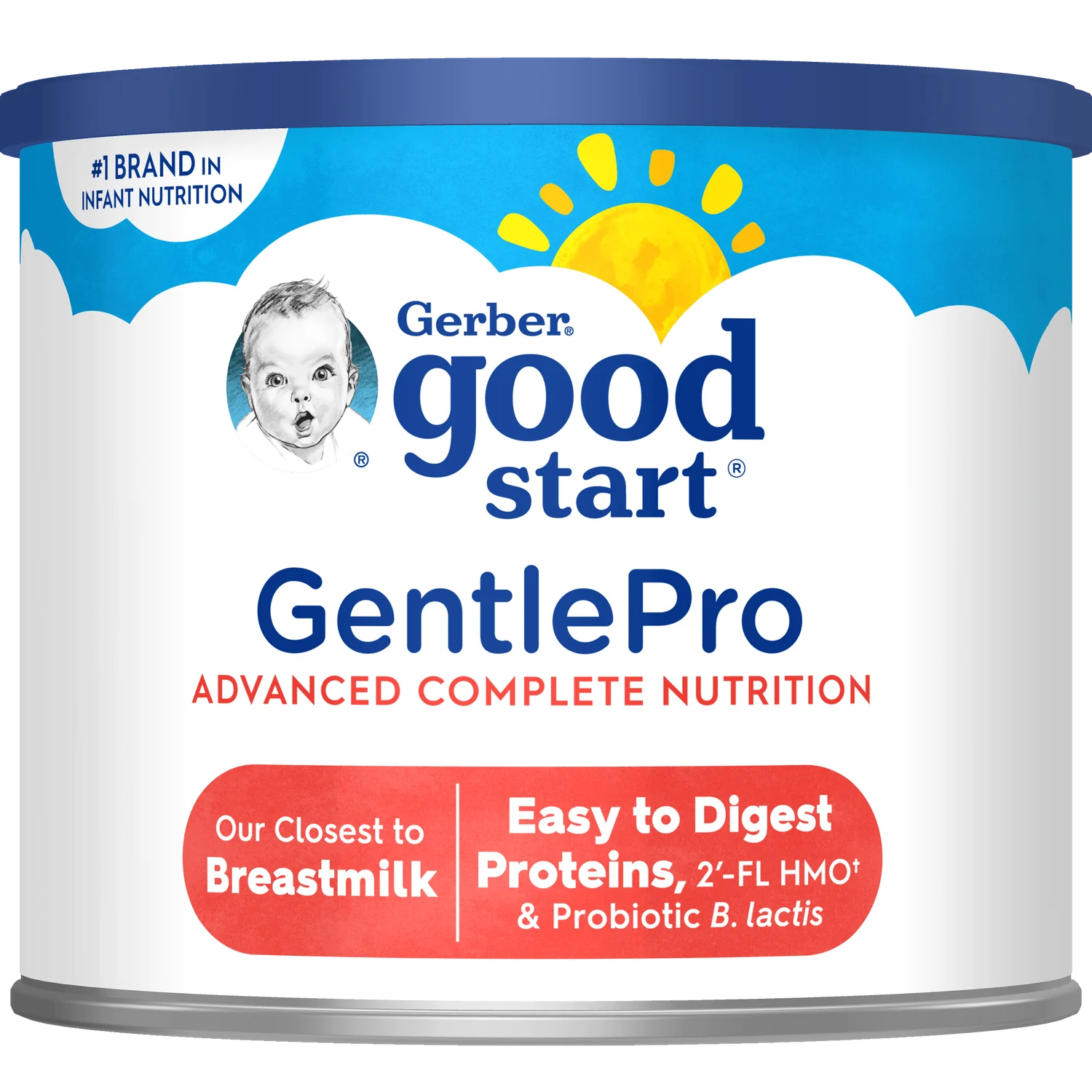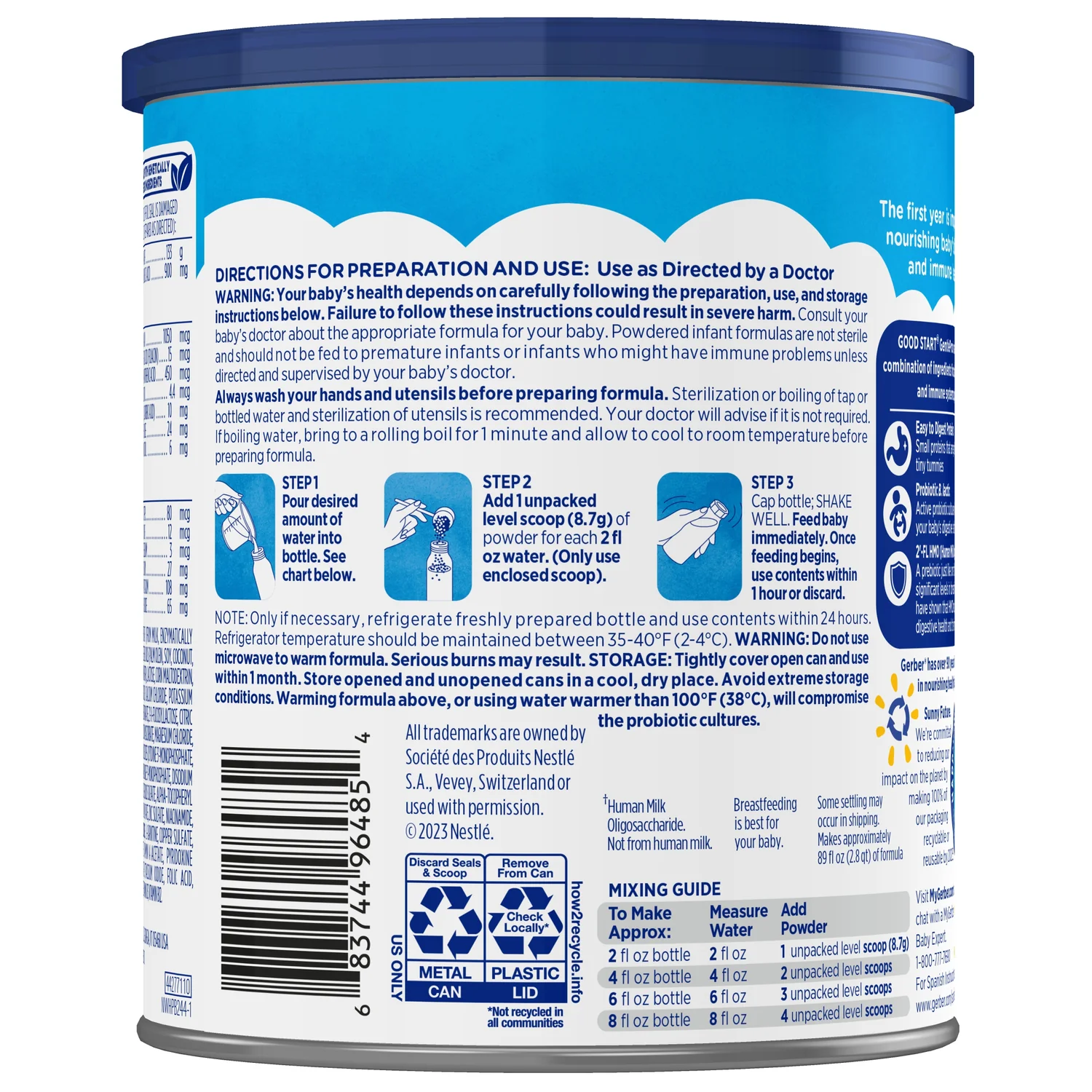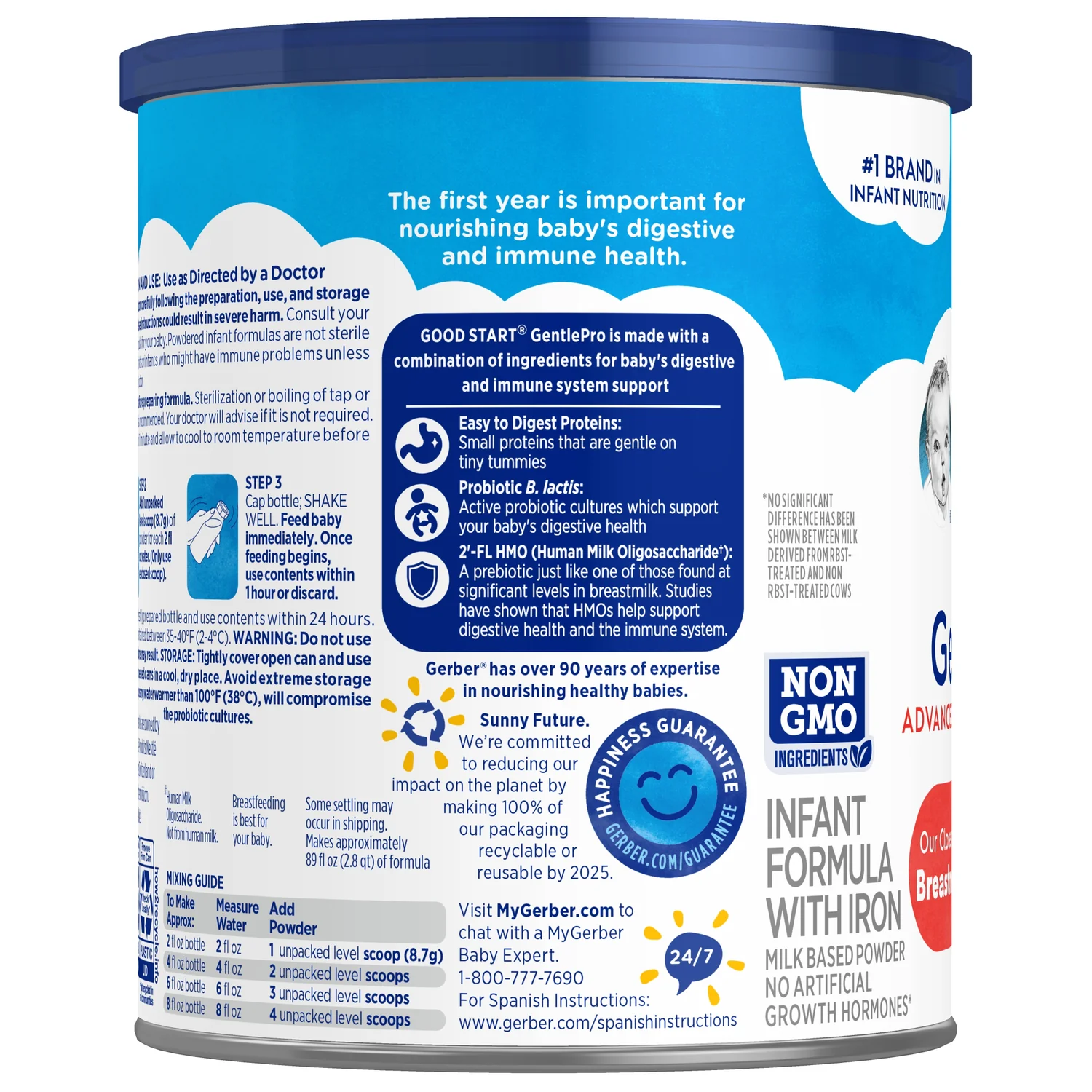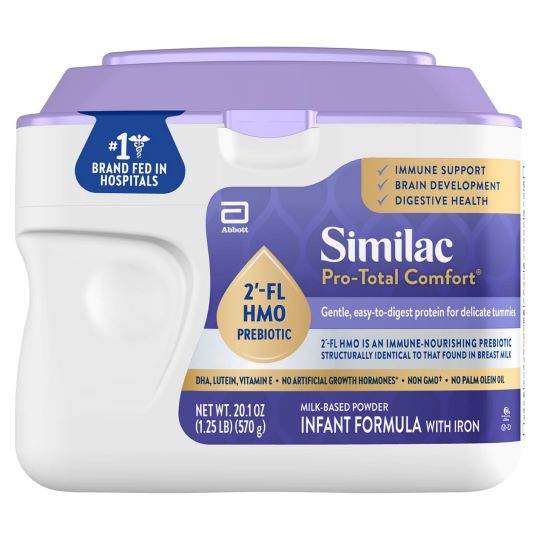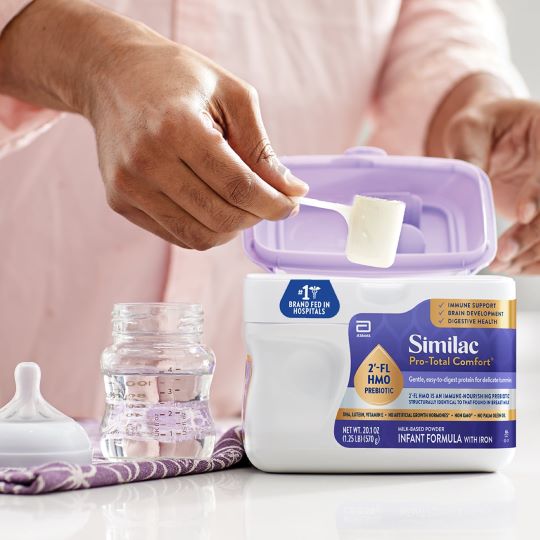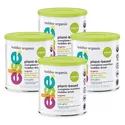5 Best Baby Formulas for Gas and Diarrhea: Finding Relief for Your Baby
Soothe your baby's tummy troubles with our expert-recommended formulas
Published November 26, 2024

Watching your baby struggle with digestive discomfort can be heartbreaking for any parent. Gas, diarrhea, and stomach issues can transform peaceful feeding times into stressful experiences, leaving both babies and parents exhausted and frustrated.
Understanding the right formula can be a game-changer in providing relief and ensuring your little one's comfort and nutritional needs are met.
» Soothe your baby's tummy with formula for relief from diarrhea and gas
Our Pick: Best Baby Formulas for Gas and Diarrhea
- Best overall baby formula for gas and diarrhea: Else Nutrition Plant-Based Complete Nutrition Formula
- Best baby formula for gas and diarrhea for colic relief: Enfamil Nutramigen with Probiotic LGG Formula
- Best baby formula for gas and diarrhea for lactose sensitivity: Mama Bear Sensitivity Premium Formula
- Best probiotic baby formula for gas and diarrhea: Gerber® Good Start® GentlePro Powder Infant Formula
- Best hydrolyzed baby formula for gas and diarrhea: Similac Pro-Total Comfort Infant Formula
What Causes Gas and Diarrhea in Babies?
Infants have incredibly complex digestive systems that are very different from adult digestive tracts. Due to their developing bodies, little ones experience significant challenges in processing nutrients.
- Young babies have limited enzyme production, making it challenging to digest specific proteins and nutrients. This can lead to digestive discomfort and potential nutritional deficiencies.
- An infant's gut microbiome is a delicate ecosystem in which bacterial colonies are just beginning to take root. This sensitive internal environment requires careful nutritional support to flourish.
- A baby's immature intestinal lining makes them more vulnerable to inflammation and food sensitivities.
» Learn why choosing organic is the healthy option for your baby
Other causes of digestive issues in babies include:
- Milk protein allergies or lactose intolerance
- Introduction of new foods
- Antibiotic use
- Viral or bacterial infections
- Sensitivity to certain formula ingredients
» Tired of commercial formulas? Switch to natural and organic formula
5 Best Baby Formulas for Gas and Diarrhea
Tips for Managing Digestive Discomfort
If your baby is struggling with temporary gas and diarrhea, try these strategies to help them feel more comfortable:
- Paced Bottle-Feeding: Hold the bottle at a slight angle to reduce air swallowing and let your baby control the flow. This mimics breastfeeding and helps prevent gas.
- Gentle Tummy Massages: Clockwise circular massages on your baby's abdomen can stimulate digestion and help release trapped gas.
- Effective Burping: Burp your baby multiple times during and after feedings, holding them upright and gently patting their back.
- Try Plant-Based Options: If your baby struggles with digestion, a minimally processed vegan formula might be gentler. These formulas often use easier-to-digest organic plant-based proteins.
- Probiotics for Gut Health: Infant-specific probiotics can help stabilize the digestive system and reduce diarrhea by promoting healthy gut bacteria.
- Consistent Feeding Schedule: A regular feeding schedule can help regulate your baby's digestive system and prevent disruptions.
» Explore tips and tricks for childhood nutrition
When to Seek Medical Advice
Specific symptoms require attention from a medical professional. Here's what to watch out for:
- Persistent watery stools lasting more than 48 hours may indicate a severe health issue, such as a nutritional intolerance.
- Dehydration is serious. If your baby has decreased urination, dry mouth, or lethargy, seek medical help immediately.
- Consistent monitoring of your baby's growth is essential. Failure to gain weight could signal underlying nutritional absorption problems.
» Discover the signs that formula isn't right for your baby
Taking Control of Digestive Discomfort
Dealing with your baby's digestive discomfort can feel overwhelming, but you're not alone. These challenges are common and typically short-lived. By staying patient and being willing to make small changes—like exploring different formula options—you can help your little one feel more comfortable.
Remember, each baby is unique, and finding the right solution may take some time and experimentation.
The content and advice provided in this article are for informational purposes only and are not a substitute for medical diagnosis, treatment, or advice for specific medical conditions.
Always consult a pediatrician to understand your child's needs. The article expresses the views of the article's editor.







